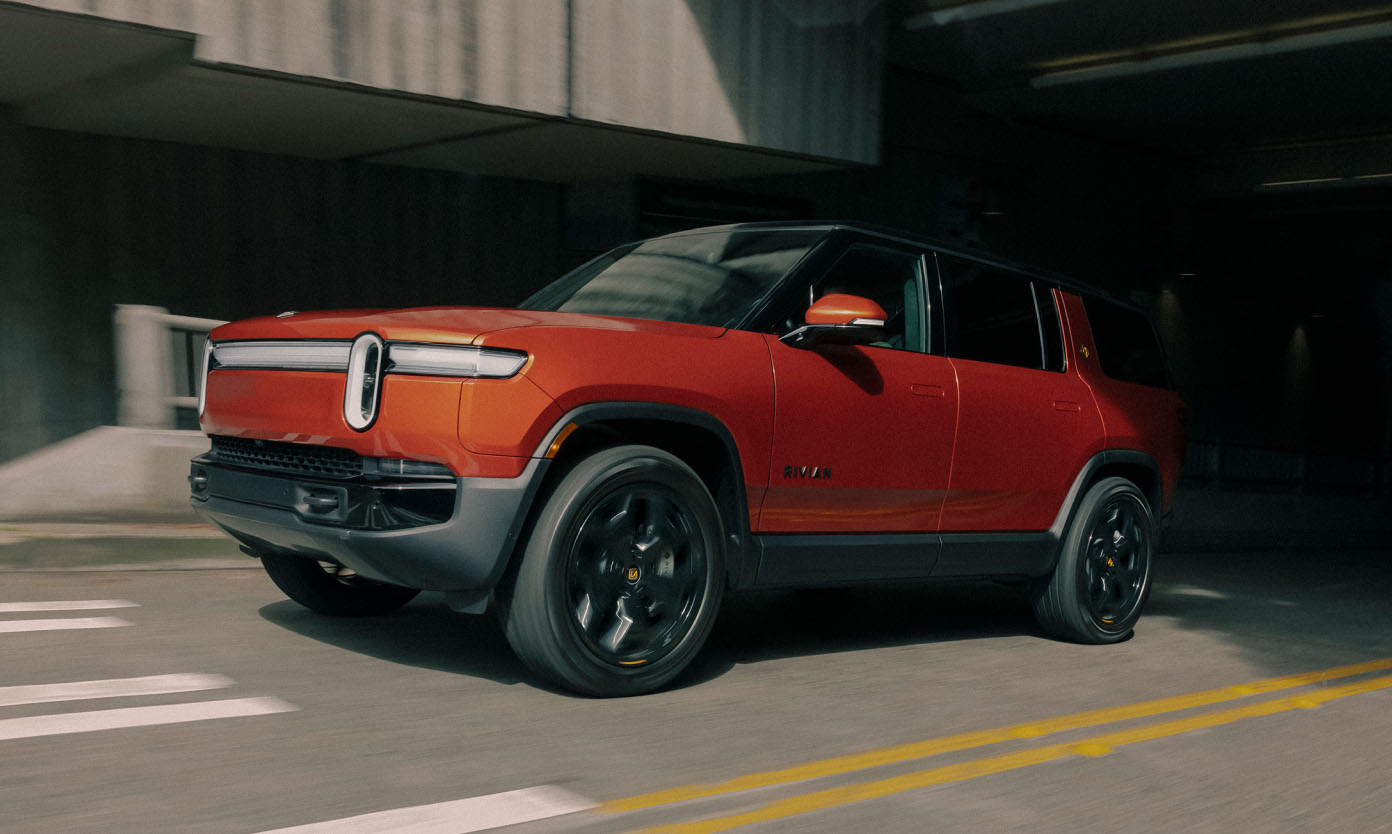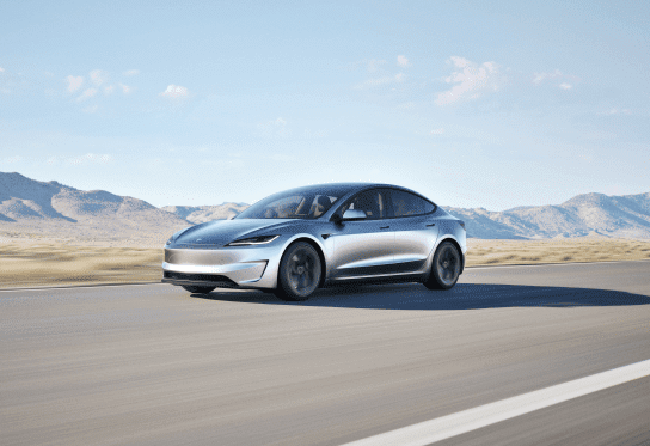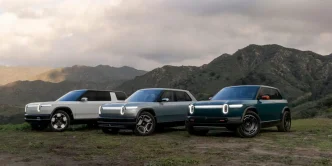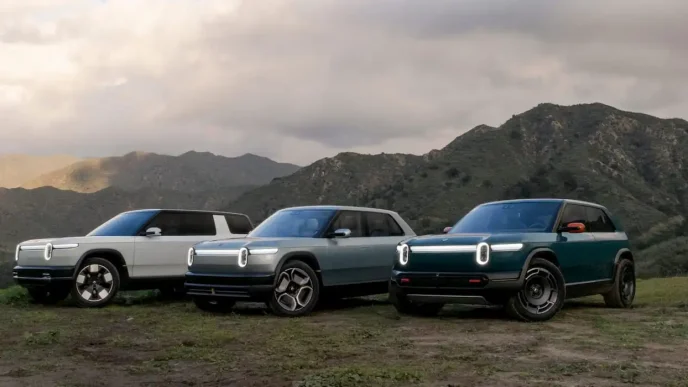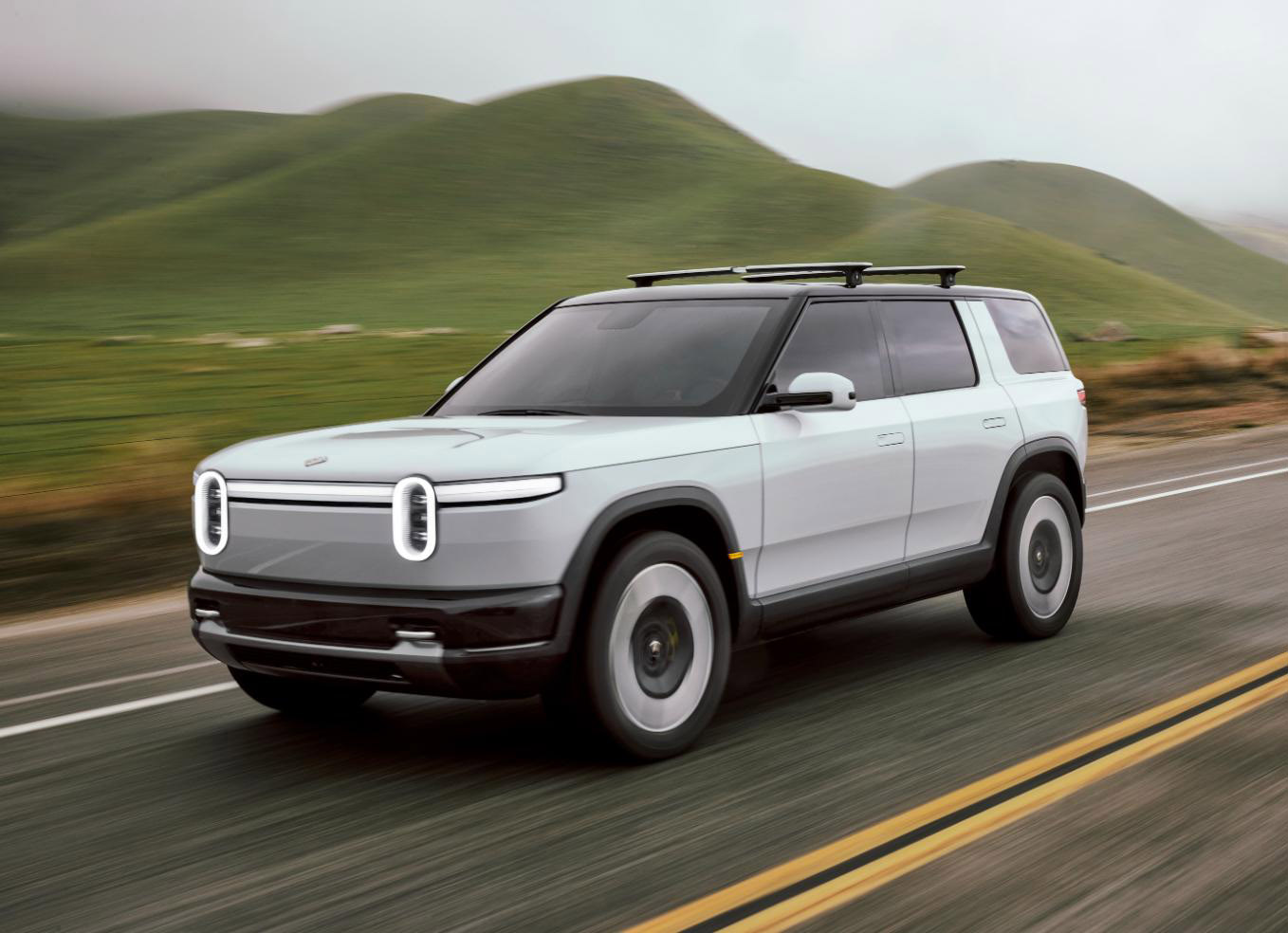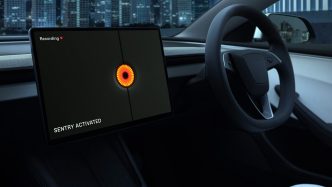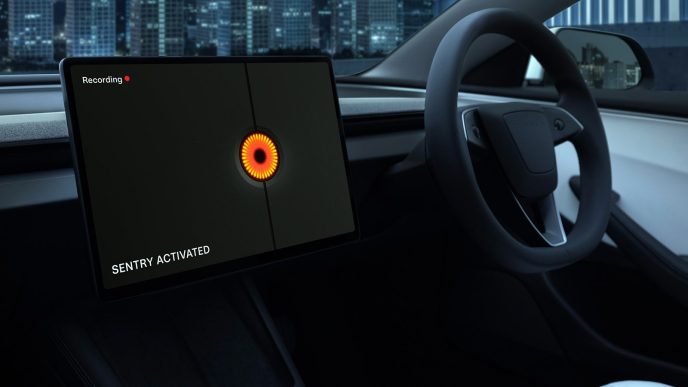Rivian is moving toward integrating third-party applications into its vehicles, aiming to establish an ecosystem where outside developers can create and enhance software features. Rivian’s Chief Software Officer Wassym Bensaid highlighted the plan during an appearance at TechCrunch Disrupt 2024, saying he envisions a future where Rivian drivers can access a range of custom apps developed specifically for the company’s electric vehicles (EVs).
“Eventually I see us delivering APIs and having an ecosystem of partners who develop their own apps, and I’m super excited to see those,” Bensaid told TechCrunch, adding that a developer toolkit could be available within a few quarters. Bensaid’s comments signal Rivian’s intention to make its vehicles more versatile and customizable, potentially opening new revenue channels as it builds an app-driven in-car experience.
Rivian’s approach contrasts with the integration of phone-mirroring systems like Apple CarPlay, which it has notably avoided. Similar to General Motors, Rivian aims to craft its own software environment that allows direct interaction between third-party apps and the vehicle’s core operating system.
The automaker has already started discussions with TezLab, a company that provides a Strava-like app for EV owners to monitor vehicle performance. “I am a big believer in working with the ecosystem, working with open source, enabling other developers to be creative, and also tell us and inform us of how we can improve things,” Bensaid said. He added that additional developer partnerships are under consideration, though he did not disclose specific names.
Tesla, another major EV maker, introduced a formal API in late 2023, allowing developers to produce integrated applications. Bensaid hinted that Rivian is aiming for a similar path, with a robust software development kit (SDK) that will allow seamless application development for third-party creators. The push aligns with Rivian’s broader strategy to differentiate its in-car experience and support future tech-enabled services, marking a potential step towards more extensive digital offerings in the EV sector.

